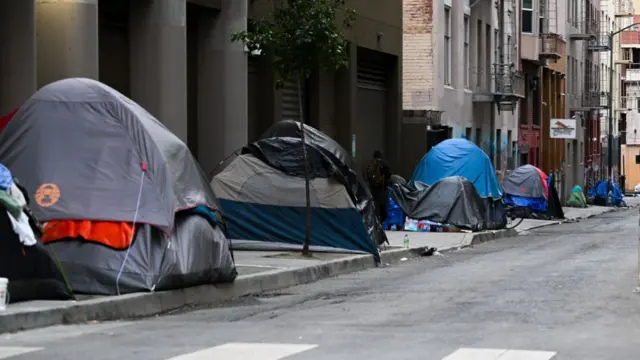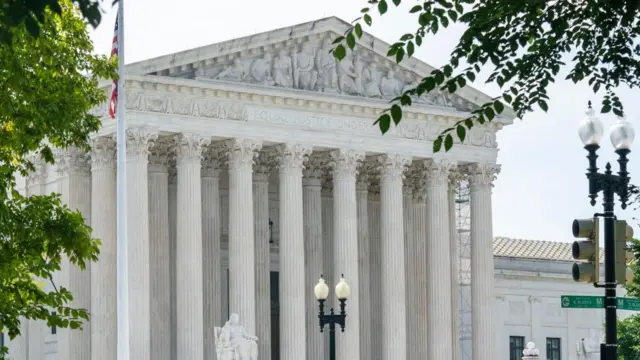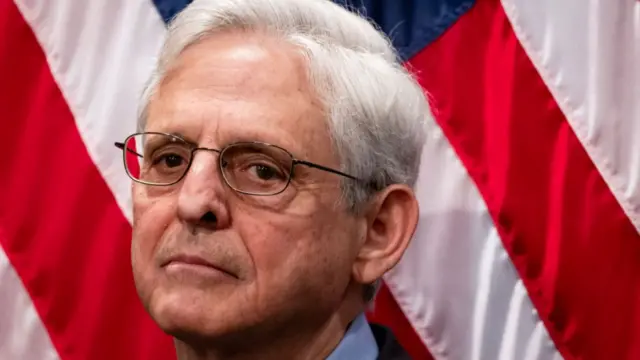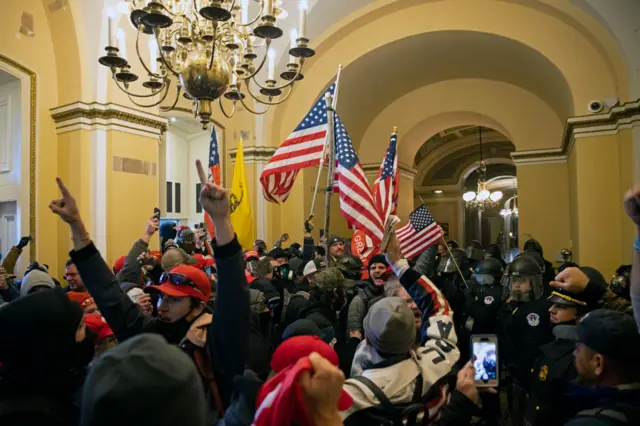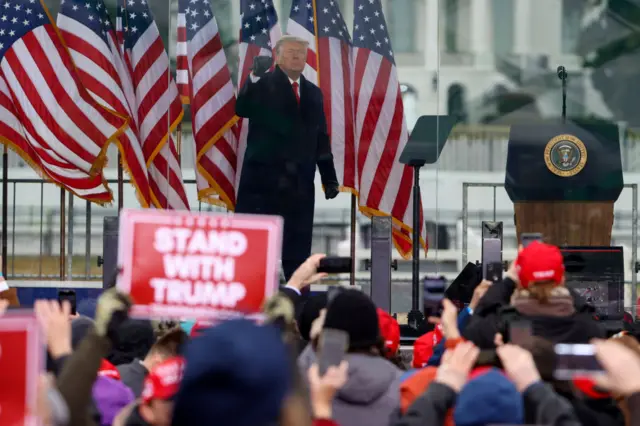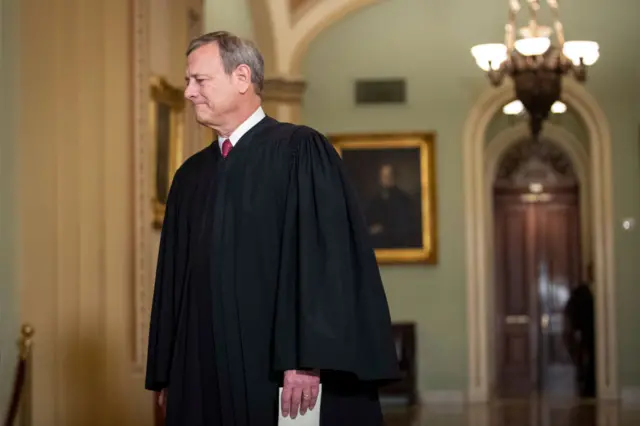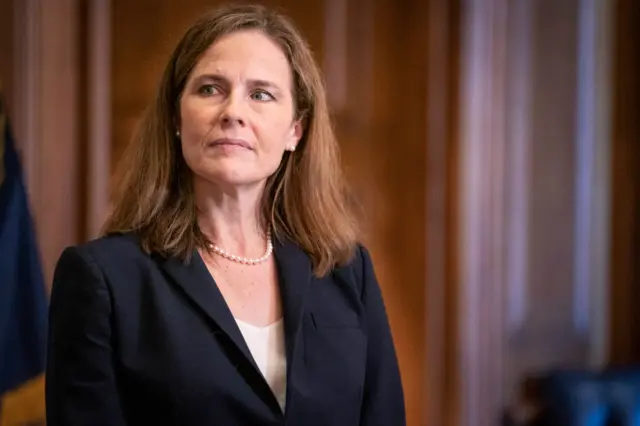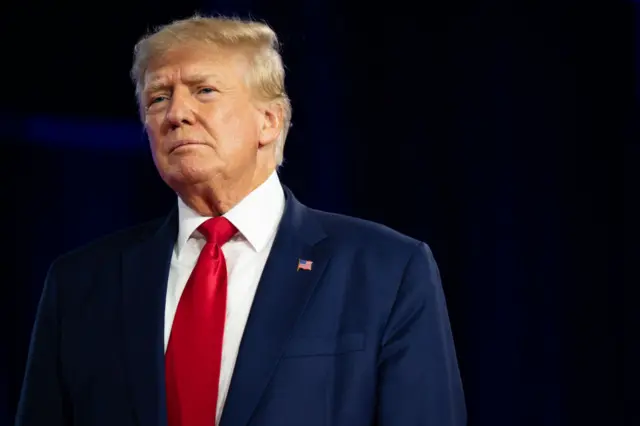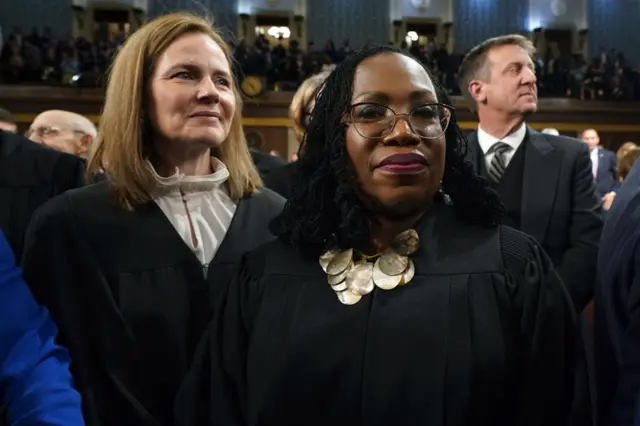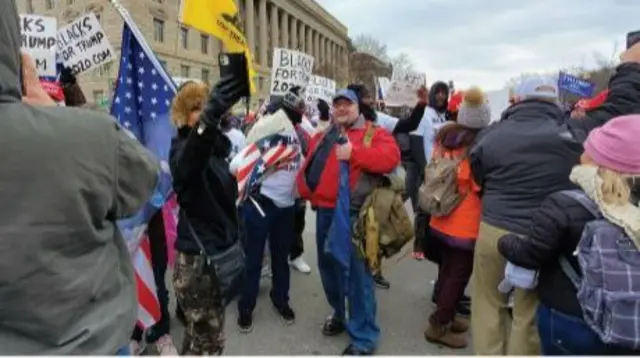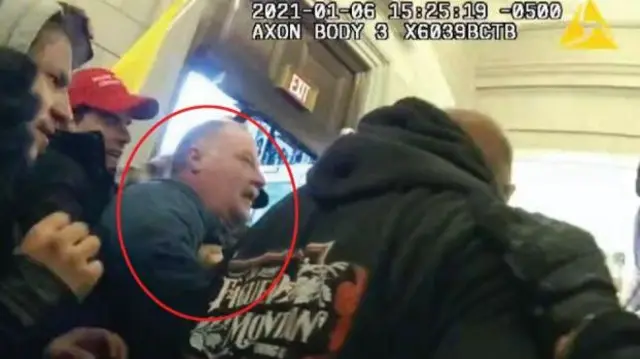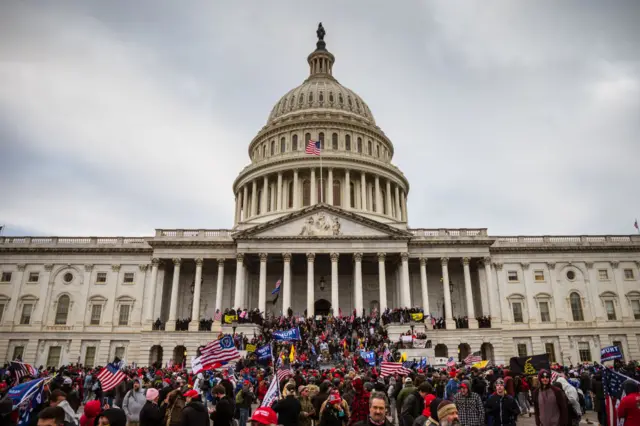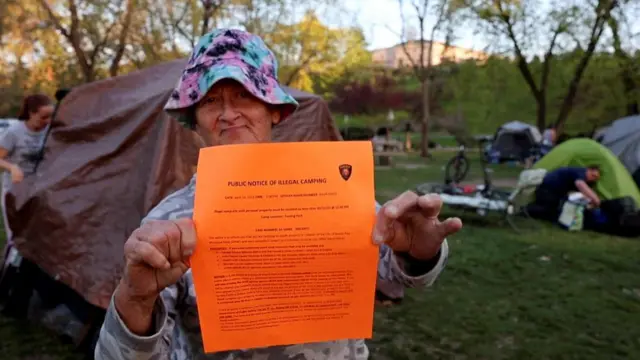Monday is last day for opinionspublished at 17:19 BST 28 June 2024
Thank you for joining our live coverage of today's Supreme Court decisions.
You can read more on the court's decision on January 6 charges here.
There is still one decision day left.
Chief Justice John Roberts said at the end of a very busy session in court that the last day of the term is Monday.
That means we have to wait a few days more for the biggest decision this year - whether Donald Trump has immunity from prosecution for acts he carried out while president.
On this page today were Lisa Lambert, Graeme Baker, Jessica Murphy, Tiffany Wertheimer, Max Matza, Mike Wendling, Christal Hayes, Matt Murphy, Christal Hayes, Samantha Granville and Kayla Epstein.


